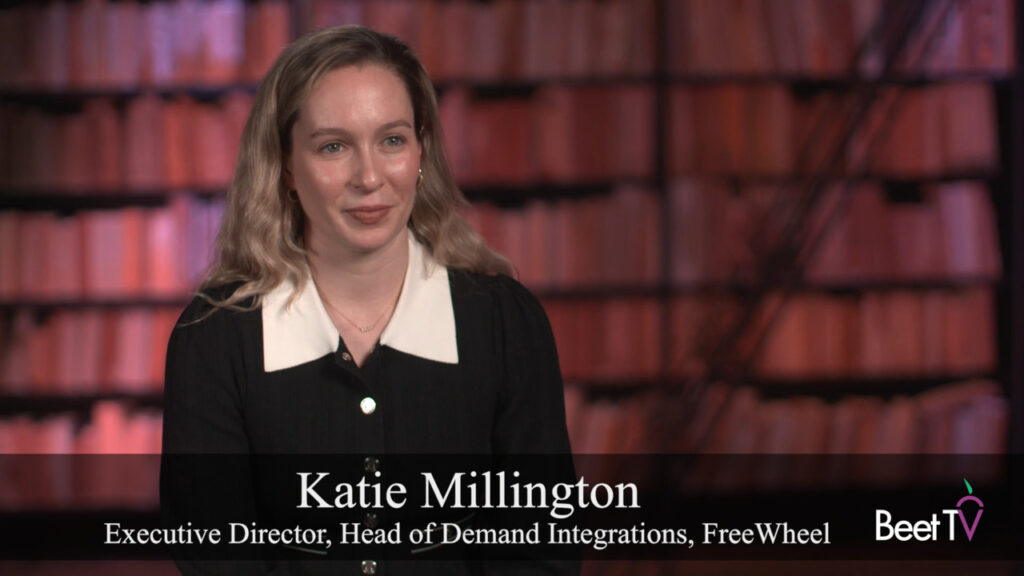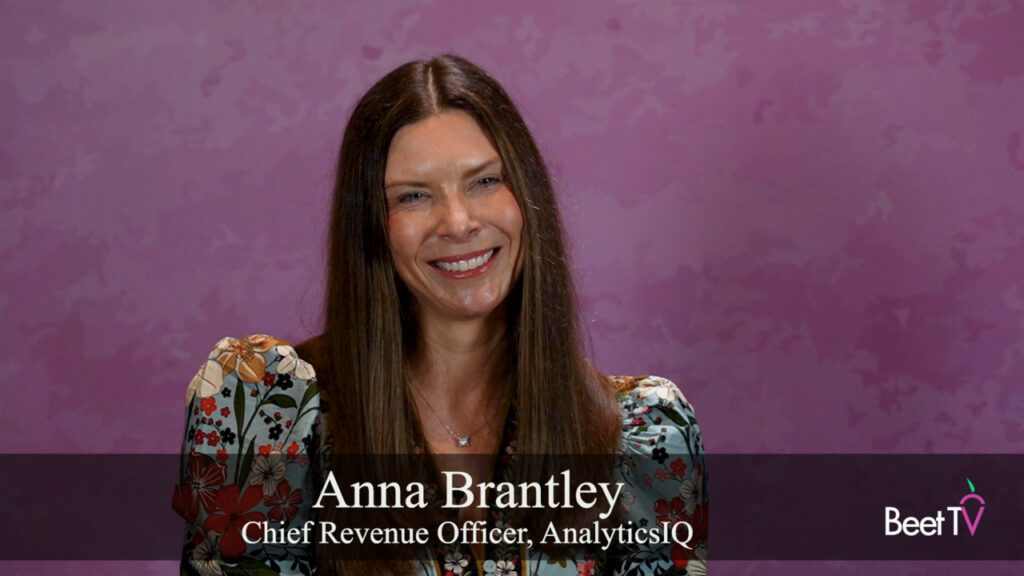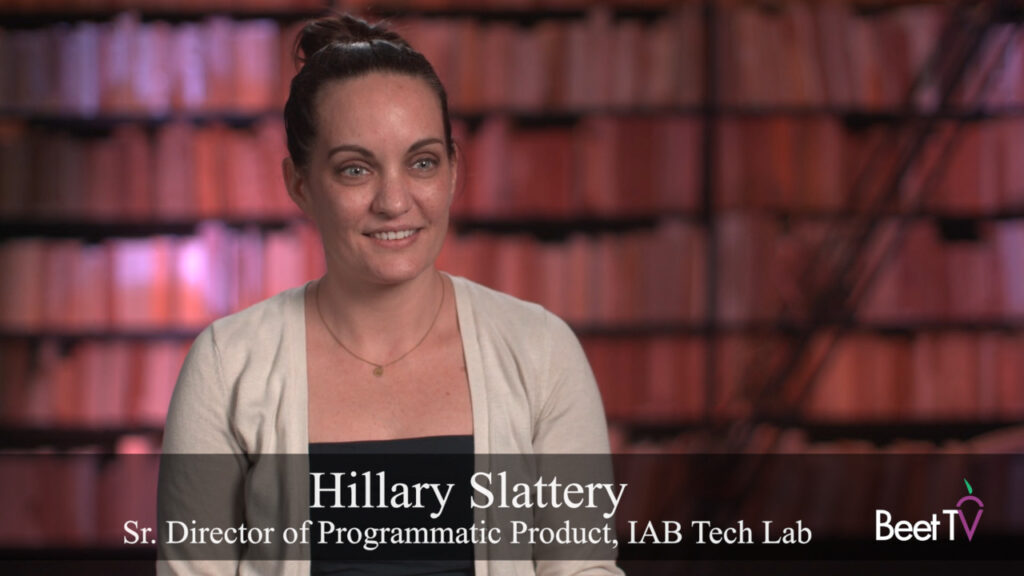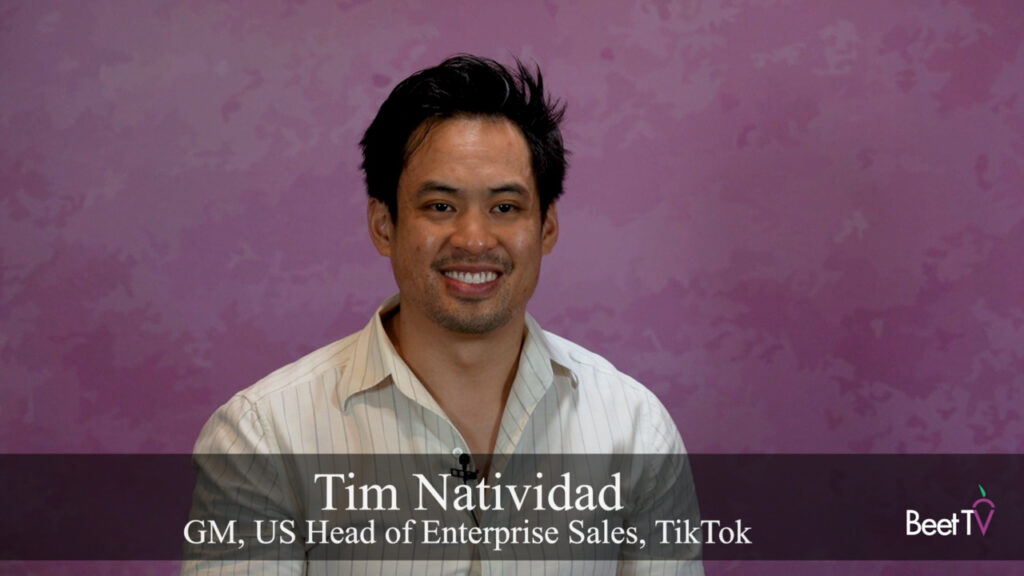Mapping consumer identities for the purposes of advertising targeting and attribution isn’t getting any easier in the face of rising privacy standards and consumer expectations. That’s in addition to the challenges TV programmers face in trying to stitch together their various viewing platforms, says 4INFO CEO Tim Jenkins.
Finding a common ID across platforms for networks that run websites, apps, linear content and other venues is the only way they can prove true, one-to-one audience targeting, Jenkins says in this interview with Beet.TV at the LUMA Partners Digital Media East conference in Manhattan.
“I think the real opportunity for us and what I’m excited about is to be able to bring to television what we’ve been bringing to the digital world for the last seven years” Jenkins says of 4INFO, whose patented device match method creates a Connected Identity Map for every consumer.
“We’re now seeing a lot of advertisers really embrace finally this one-to-one addressability in TV. I’m glad to see advertisers are finally starting to insist on accountability from the various providers in the space, and I think the ability to prove the real attractiveness of television in this one-to-one addressable world.”
Jenkins calls identity mapping “our sweet spot in particular, but also in the sweet spot of several players in this market that aren’t called the duopoly.”
In light of the nascent California Consumer Privacy Act and other data-related initiatives, identity becomes “a great opportunity and also now has some pretty serious challenges in terms of privacy,” he adds. “We’re seeing more and more companies adopt what they believe is going to come out of the California Consumer Privacy act.”
What it all means is that TV providers are going to have to respect consent and consumers are going to have greater control over their data, “which is how it should be.” 4INFO’s platform was built “from a privacy centric standpoint that it’s a great opportunity for us to shine in that environment.”
As regards Internet-delivered TV, Jenkins calls it “a unique challenge” for a lot of publishers that must contend with cookie- and opt-in compliance, in addition to trying to decipher multiple, anonymized IP addresses used to service the same household.
“Given all the issues around privacy, I think first-party data is going to become king,” Jenkins says. “I think the ability to work with first-party data without a lot of third-party data overlays because of the privacy issues and concerns people have around how a lot of that third-party data was collected is going to be a great opportunity for us.”
This video is part of Beet.TV’s coverage of LUMA Partners’ DIGITAL MEDIA EAST 2019. For more videos from the conference, please visit this page. This series is sponsored by 4INFO.











































